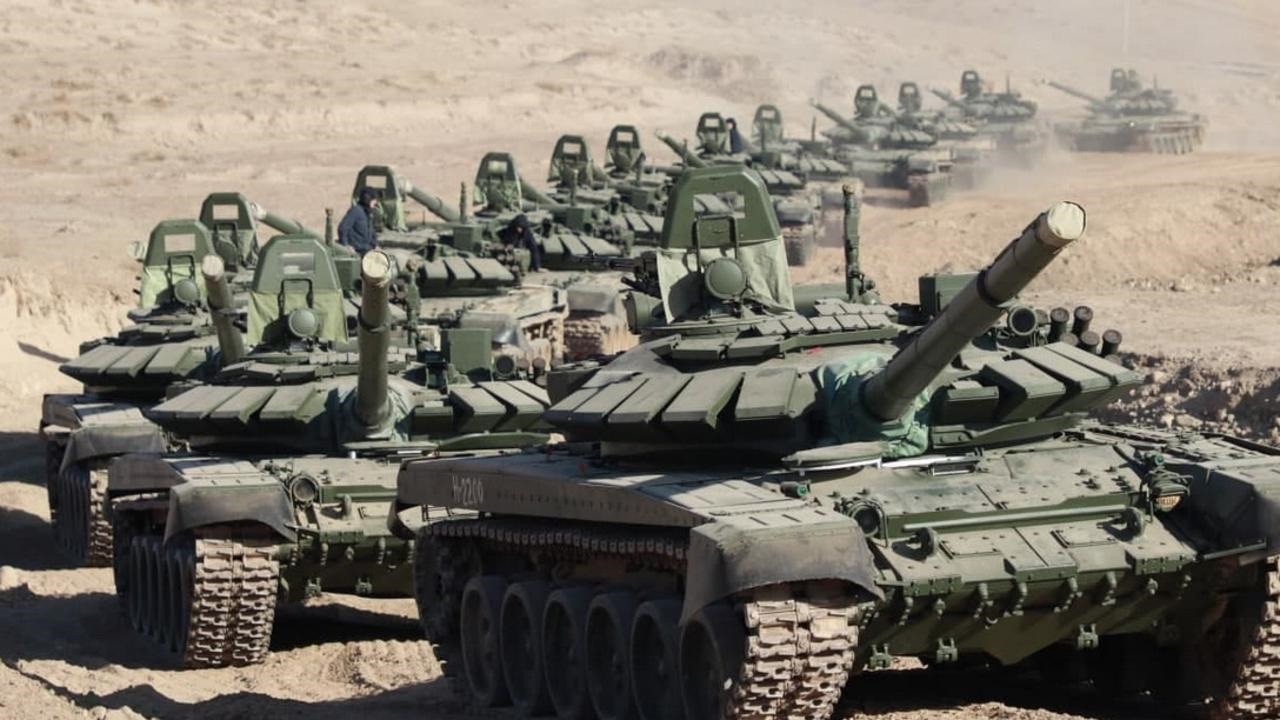After the Kremlin rejected China’s plan for peace in Ukraine, the leaders of both Belarus and China – both quite friendly to the president of Russia – expressed their “extreme interest” in working to end the war in Ukraine.
Following joint talks in Beijing – part of a three-day visit to China – Belarusian dictator Alexander Lukashenko threw his support behind China’s peace proposal. Lukashenko expressed hope that the plan, which includes respecting the sovereignty of Ukraine while also requiring new security guarantees for Russia from the West, would prove a viable framework to end the war.
Lukashenko aides said that the Belarusian leader “fully supports the initiative on international security” that was put forward. Lukashenko also reportedly told the Chinese president that decisions must be made to avoid a “slide into a global confrontation that will see no winners.”
Chinese state broadcaster CCTV reported that Lukashenko “fully agrees with and supports” the Chinese plan and quoted President Xi as recognizing “legitimate security concerns” from Russia.
“The core of China’s stance is to call for peace and encourage talks, and for the legitimate security concerns of all countries to be respected,” the Chinese president reportedly said.
Ukraine: Is Something Happening?
There’s no sign yet that Russian President Vladimir Putin is taking China’s peace plan seriously.
Kremlin spokesman Dmitry Peskov already rejected the plan, noting that it missed several major concessions that Russia demands Ukraine – and the West – accept.
Specifically, China did not put into writing any acknowledgment of Russia’s annexation of four Ukrainian territories in September, nor did the peace plan calls on Ukraine and the West to accept Russia’s claim to the land.
Lukashenko’s comments, however, come only days after Chinese diplomat Wang Yi was sent to Russia to meet with the Russian president.
Wang met with the Russian president in Moscow following a European tour that coincided with the release of not just a plan for peace in Ukraine, but a blueprint for achieving global peace.
Russia is not, at least publicly, taking China’s proposal seriously. Speaking on Tuesday, Kremlin spokesman Dmitry Peskov doubled down on Russia’s claim to the Donbas region of Ukraine, as well as Zaporizhzhia and Kherson Oblasts.
“There are certain realities that have already become domestic in Russia—I mean the new Russian territories,” Peskov said. “There is the Constitution of the Russian Federation, which cannot be ignored by anyone, and which the Russian side will never be able to give up.”
China’s charm offensive may miss the mark for Russia, but with the support of Lukashenko, it may just be a matter of time before Putin realizes he has no chance but to negotiate.
MORE: Is Russia’s Su-57 Felon Stealth Fighter a Total Bust?
MORE: Merkova: Israel Has A Super Tank
MORE: F-35I: Israel Has a Stealth Fighter America Dreams Of
Jack Buckby is 19FortyFive’s Breaking News Editor. He is a British author, counter-extremism researcher, and journalist based in New York. Reporting on the U.K., Europe, and the U.S., he works to analyze and understand left-wing and right-wing radicalization, and reports on Western governments’ approaches to the pressing issues of today. His books and research papers explore these themes and propose pragmatic solutions to our increasingly polarized society.

